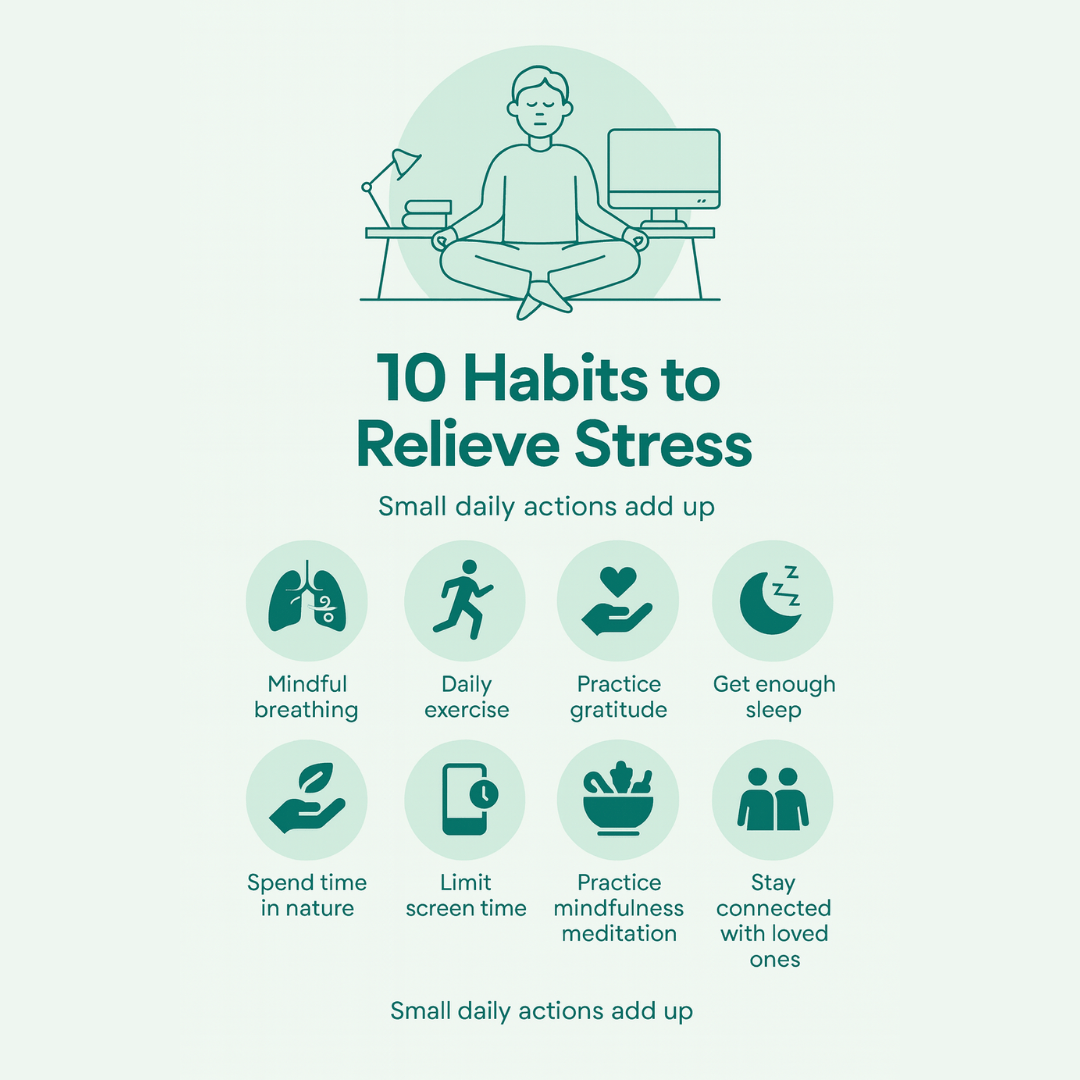Use your CV to make a great impression
16/10/2017
Your CV – make a great first impression Your CV should tell an employer about…
Gain an industry recognised qualification from only $29 a week! Phone 1800 837 550
The fundamentals: keep a constructive attitude, change the situation when you can, and change your response when you can’t.

While you can’t stop bills or add hours to the day, you can take charge of your lifestyle, thoughts and habits. The tools below make it practical — not perfect — to manage stress in the moments that matter.

It’s important to accept you can’t control everything — and that help is a strength. If your stress feels severe or starts to affect daily life, please see your GP or a qualified professional.
Want backup while you de-stress?
Our Career Centre can help you prioritise, timebox, and ask for support at work/study.